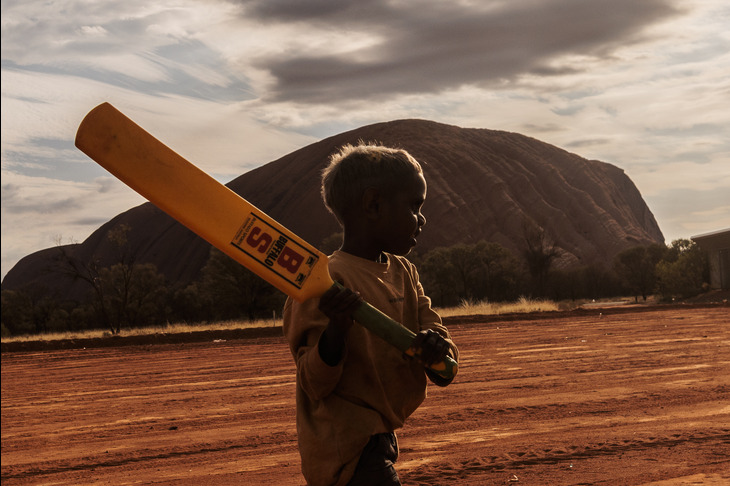Thomas Wills (1835-1880) deserves to be celebrated as a pioneer in reconciliation because he supported indigenous participation in cricket, including the Aboriginal cricket tour to England in 1868. That was ten years before Jack Conway took a professional team to England to begin the procession that continues to the present day.
Wills grew up in the bush on a station at Molongolo Plain near the present site of Canberra. As a child, he befriended the local Aborigines and gained some familiarity with their language and customs.
At the age of 14, he was dispatched to Rugby School in England, where he excelled in cricket. Moving on to Cambridge, he played for the University, and later he was a leading amateur player with the gentlemen of Kent and the MCC.
Back in Melbourne in 1858, he wrote an influential letter to Bells Life in Victoria, urging cricketers to take up football to keep fit through the off-season. In the early days, football was played in the park, with the goals a quarter of a mile apart.
Wills and his cousin H C A Harrison drafted the first written rules of the game. When it became more popular, with district clubs playing a formal competition, Harrison chaired a committee to standardise the dimensions of the field and clarify other rules, such as the distance allowed to carry the ball.
Wills himself played over 200 games, mostly with Geelong, until he retired, approaching 40 years of age.
As a cricketer, he was one of the best players in the country, and he regularly played for Victoria against NSW and the early English tourists in 1861 and 1863.
Disaster struck the family in 1861. On the road to Queensland to settle on a property at Cullinlaringo, Wills and two others stopped to repair a broken down dray. Moving on, they found that nineteen other members of the party had been killed by Aborigines; the largest single toll of whites on the frontier. The event became known as the Cullin-la-Ringo massacre and also The Wills Tragedy.
Black armband historians have picked up the story of reprisals after the massacre, and some have implicated Wills. If he was involved, this would make his subsequent championship of Aborigines all the more remarkable.
Returning to Victoria in 1864, he became heavily involved in training and coaching Aboriginal players on cattle stations in the Lake Wallace district in the Wimmera.
Through the efforts of Wills and others, an all-Aboriginal team toured England in 1868, a decade before the first of the regular Australian teams made the journey.
They played 47 matches, mostly against lesser county teams, winning 26. Many of the players struggled, and fortunately, the star of the team, Johny Mullagh, was well up to the standard of the opposition and took 125 wickets at an average of 13.4.
Good crowds turned up, the venture was financially successful, and the team was well-received both on and off the field.
Sadly, a sinister element appeared in Wills’ life in the 1870s. Heavy drinking was part of the cricket culture, and an English cricketer on tour wrote that the rigours of travelling long distances in horse-drawn transport were ameliorated by champagne breakfasts, lunches, and dinners wherever they went. Wills became a notorious drinker, and some feared that drinking was affecting his game long before he retired.
Eventually, he lapsed into serious alcoholism, to a point where he needed continuous supervision. His condition may have been aggravated by PTSD after the trauma of coming upon so many of his friends and family dead and dying on the road to Queensland.
In the end, he escaped the attention of his minders and committed suicide in 1880 at the age of 44. It was a sad end for a man who contributed so much to cricket, football, and young Aboriginal cricketers. Let’s celebrate Tom Wills as an outstanding sporting talent and a pioneer of reconciliation.
Got something to add? Join the discussion and comment below.
Get 10 issues for just $10
Subscribe to The Spectator Australia today for the next 10 magazine issues, plus full online access, for just $10.


























Comments
Don't miss out
Join the conversation with other Spectator Australia readers. Subscribe to leave a comment.
SUBSCRIBEAlready a subscriber? Log in